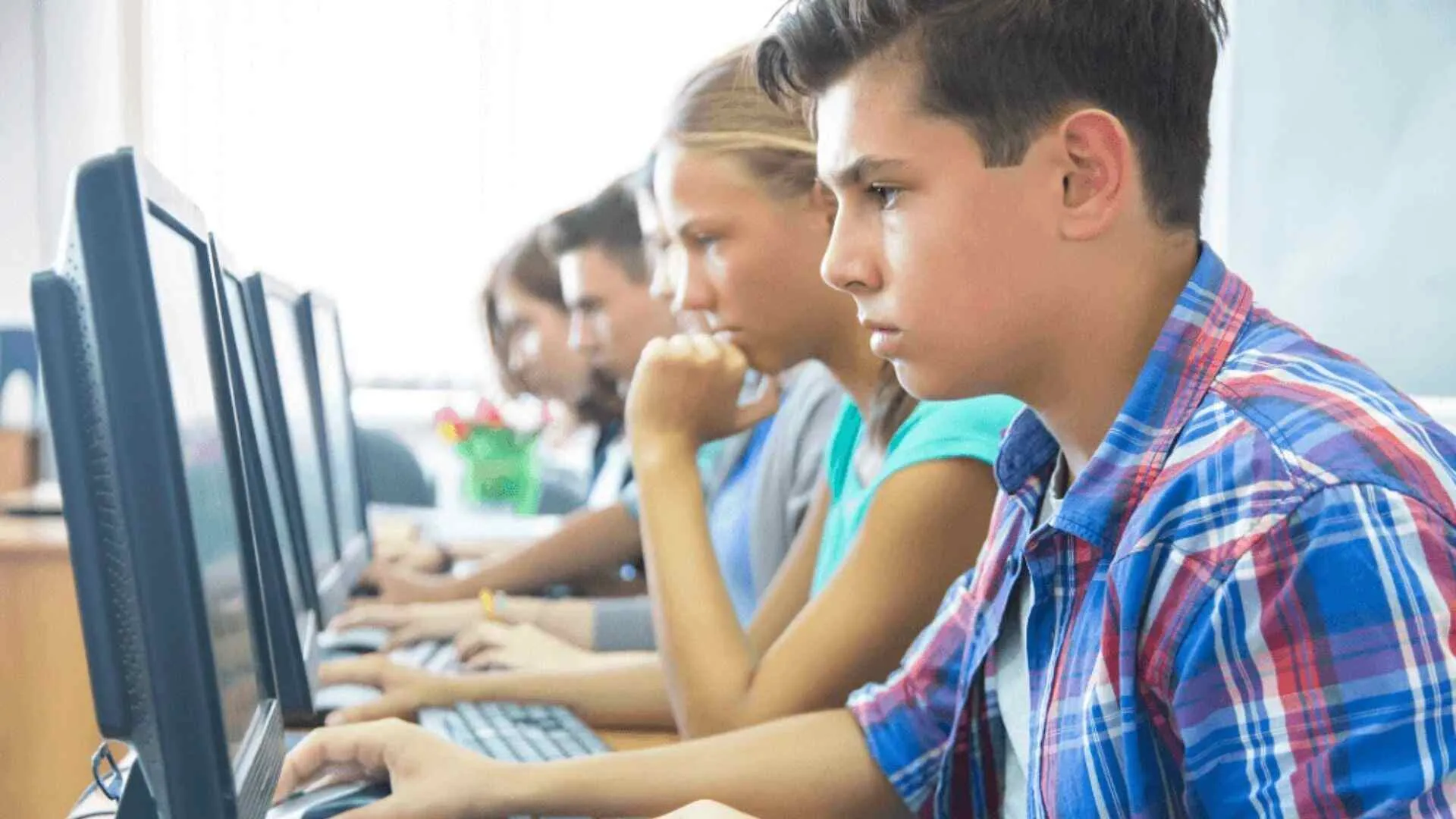The mental health of students is a critical concern that has gained increasing attention in recent years. Academic pressures, social challenges, and the transition to adulthood can be overwhelming for many students, leading to stress, anxiety, and other mental health issues. Traditional approaches to mental health education and support, while valuable, often fail to engage students effectively. Micro-learning, a modern educational strategy that delivers content in small, manageable segments, presents a promising solution for improving the mental health of students. By breaking down complex topics into smaller, more manageable pieces, microlearning allows students to learn at their own pace and in a way that suits their individual learning style.
Here’s how microlearning positively impacts students’ mental health:
1. Reduced Cognitive Load: Microlearning breaks down complex subjects into manageable units, making it easier for students to grasp concepts without feeling overwhelmed. Traditional learning often involves long sessions that can lead to cognitive fatigue and stress. In contrast, microlearning sessions are short and focused, allowing students to process information more efficiently. According to a study published in the Journal of Educational Psychology, students retain more information and experience less cognitive load when learning in shorter, more focused bursts. Research indicates that microlearning can enhance focus and long-term retention by up to 80% compared to traditional learning methods.
2. Increased Engagement and Motivation: Microlearning often incorporates multimedia elements such as videos, quizzes, and interactive content, enhancing engagement and motivation. Engaged students are less likely to experience the boredom and disinterest that can contribute to mental health issues like anxiety and depression, fostering a more positive and stimulating learning environment.
3. Flexibility and Accessibility: One of the key advantages of microlearning is its remarkable flexibility. Students can access learning materials anytime and anywhere, enabling them to learn at their own pace. This adaptability significantly reduces the pressure associated with rigid schedules and deadlines, creating a more relaxed and stress-free learning environment. The ability to learn in short, focused bursts not only enhances retention and comprehension but also fits seamlessly into diverse lifestyles and commitments. This approach allows students to balance their studies with other responsibilities, ultimately contributing to improved mental well-being and academic success.
4. Frequent Reinforcement and Feedback: Microlearning modules often include frequent assessments and feedback, which reinforce learning and provide students with immediate insights into their progress. This regular feedback mechanism helps students stay on track and feel more confident in their abilities, thereby reducing anxiety about their performance and fostering a more supportive learning environment.
5. Enhanced Retention and Application: Microlearning’s bite-sized approach promotes better retention and application of knowledge. When students can easily recall and apply what they’ve learned, they experience a sense of accomplishment and mastery, which positively impacts their mental health. A study published in the Journal of Applied Psychology reported that bite-sized chunks of content can increase efficiency and transfer of learning by 17% or more.
6. Support for Diverse Learning Styles: Microlearning caters to different learning styles, whether visual, auditory, or kinaesthetic. By offering diverse formats such as videos, infographics, and interactive activities, microlearning ensures that all students can engage with the material in a way that suits them best. This personalized approach helps reduce frustration and enhances the overall learning experience, contributing to better mental health outcomes.
Final Say
Microlearning offers a practical and effective way to enhance the mental health of students. By reducing cognitive load, increasing engagement, providing flexibility, and offering frequent feedback, microlearning creates a supportive learning environment that can alleviate stress and anxiety. As educational institutions continue to explore innovative methods to support student well-being, microlearning stands out as a valuable tool in promoting mental health and academic success.
The author is the Founder of Zamit.























